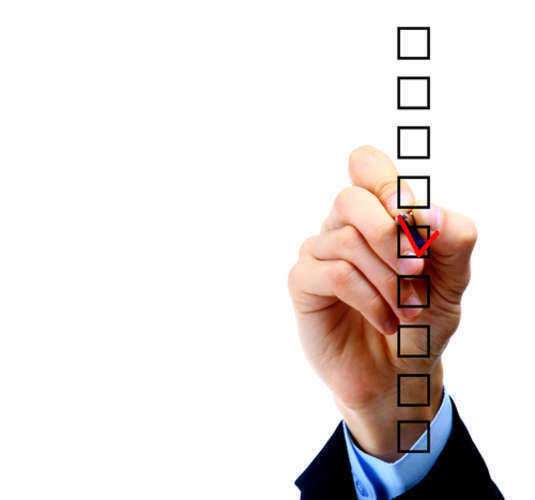4 Voting Questions Answered Here



Registration for voting is one of the most important things to do as an American citizen. This is where a person has the ability to voice their opinion and be a proactive part of the decision making community. Getting registered to vote is often a task a new voter might be nervous about, but it is not a hard process.
Around times of elections, there are a number of voter offices that send professionals out to register new voters. Normally registration for voting requires personal information like a person’s name, address, state, and all other necessary criteria to register. This is to ensure the state that the person getting registered to vote is a legal system. In some states, students who are of the age to vote can get registered as a domicile voter. This means that they are legally allowed to vote in an election, however, they are not forfeiting or changing their area of residence. Instead, they are simply stating that they living in this area for a majority of time, and prefer to vote there.
In some cases, registration for voting can be done through the mail, and the voting can be done this way as well. This is often the case for individuals who are leaving the country or are going to be out of the state during a vote. This vote is called an absentee vote. Getting registered to vote can often be done on the day of voting, before the day of voting at a voting office, or can be done through the Internet, from trusted government websites.
 Voter registration is one of the most important aspects of elections in the United States. This is where millions of voters from around the nation come out and get signed up in order to help make the biggest decisions in the nation, like who will become the next President of the United States.
Voter registration is one of the most important aspects of elections in the United States. This is where millions of voters from around the nation come out and get signed up in order to help make the biggest decisions in the nation, like who will become the next President of the United States.
Often, young, of age voters do not know how to get started in the voter registration process. One of the easiest ways is to register to vote, is to go online and fill out the voter registration form for a mail vote. This is often referred to as an absentee ballot and is a way in which voters can register without leaving there houses and have access to voting. These are often done for people who are not living in their state or who are not going to be there at the time of the vote. Registration requires important legal information like name, address, age, and various other pieces of identification. Often, one can also declare a party affiliation as well.
Voter registration can often be done at the polls; this is where the voter comes down to the public area in which the vote is being done in, and registers there. The questions are basically the same; they require name, age, current residence, and various other types of information to ensure that you are a legal resident, and to grant permission to vote. Once the voter registration is done in this type of setting, a voter will be given the ballot and allowed to make their vote.
However, it is important to note that each location around the United States has different ways to register to vote. Inquiring with local officials or going online is often a great way to get informed about regional voting procedures.

Online voting registration is one of the easiest and most preferable methods when it comes to being able to register to vote. This is done through an official website that houses online voter registration forms.
What is done is the future voter goes online and finds their specific state; once they click on the link they are brought to the form. The form can be filled out online and it requires important information about the prospective voter. Information like name, legal address, age, phone number, and party affiliation, which is optional. After all of this information is filled out and checked to see if it is correct, the form can be printed out.
Once printed out the online voting registration form can be mailed to the proper authorities. In some cases, these online voting registration forms can simply be emailed to their respective departments. It is dependent upon the the state.
Once the vote online form has been submitted to the proper authorities it will be reviewed and the person will be informed of their voter status. From there a person will be able to vote in local, state-wide, and national elections, and votes that come around throughout the year.
At the present time citizens can only register to vote online; there is not yet a fully computerized voting system. However, getting the grunt work of a vote online registration can be done simply and within a few minutes.

One question that often gets lost when elections come around is “can felons vote?” Felons are individuals who went on trial and have been convicted of a crime or multiple crimes. After trial they go off to jail and serve their time. However, when they are released, not all of their privileges are restored. Though convicted criminals have gone through the judicial process and have served the time they have been required, a majority of them will not be able to vote.
The distinct lack of a felons vote can be seen in each state and throughout the nation. Millions of people lose their ability to vote once they become convicted criminals. Each state outlines their own process for determining who is eligible to vote. For some states, a felons vote can be done with people who have been convicted of lesser offenses regarding criminal acts. However, in many states anyone who has committed a felony can lose their privilege to vote.
When it comes to the reasons why convicted criminals are left out of the voting process, there are many advocates for keeping a felons vote out of the system with the rationale that a criminal has already show a distinct lack of regard for the law, and because of this, they should not be allowed to have the privilege of casting a decision regarding who is the head of the state. Now this is not necessarily the feeling of all politicians and law makers, but it is one that has been professed before, and continues to be advocated for. So, simply speaking, a majority of convicted criminals, mainly high-end felons, are not allowed to vote.